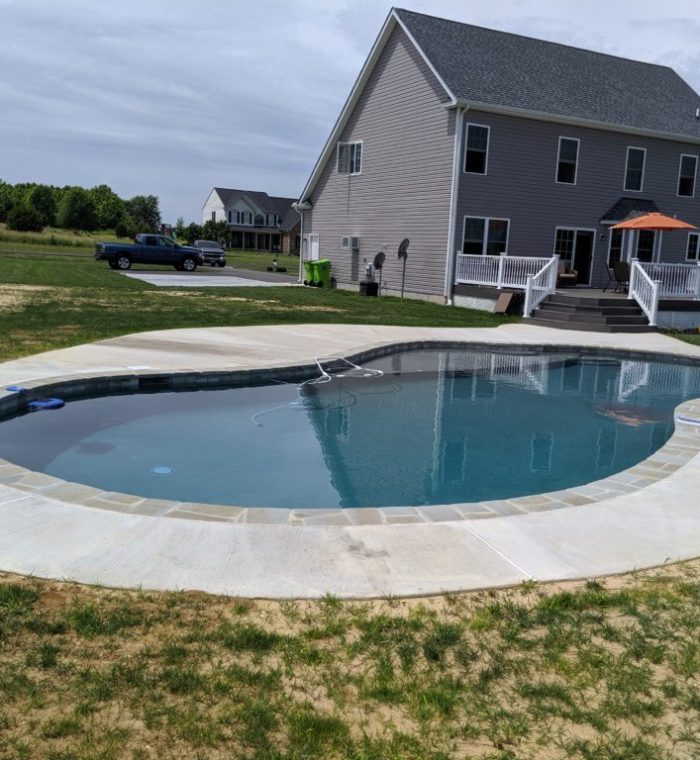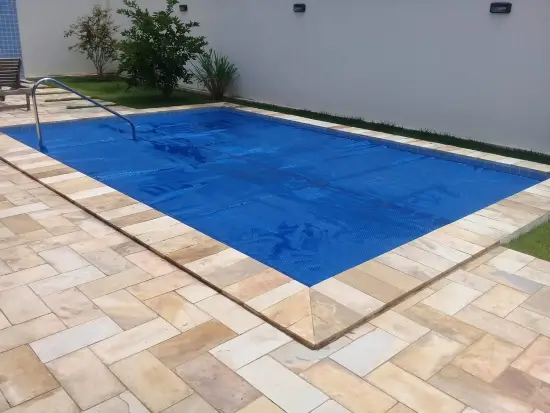- Gallery
- Design & Build
- New Pool Construction
-
-
- New Pool Construction
Custom inground concrete pools in MD & DE. From consultation to completion – we craft your backyard oasis with quality design.
-
-
-
-
-
- Pool Shapes & Styles
-
-
- Pool Shapes & Styles
Freeform, geometric, infinity edge & plunge pools. Custom shapes & styles to match your space, lifestyle & aesthetic needs.
-
-
-
-
-
-
-
- Pool Features
-
-
- Pool Features
Create your backyard paradise with stunning waterfalls, cozy fire features, swim-up bars, spas & complete outdoor living.
-
-
-
-
-
-
-
- Pool Finishes
-
-
- Pool Finishes
Discover gold standard PebbleTec finishes: 20+ year durability, 50+ stunning colors, luxurious texture & eco-friendly beauty.
-
-
-
-
-
- Commercial Pool Construction
-
-
- Commercial Pool Construction
Premier commercial pool construction in MD & DE. Enhance guest experience, boost property value & generate revenue streams.
-
-
-
-
-
- New Pool Construction
- Remodel
- Maintain & Repair
- Pool Repair
-
-
- Pool Repair
Expert pool repair including leak detection, resurfacing, and equipment fixes to keep your pool safe, efficient, and beautiful.
-
-
-
-
-
- Pool Maintenance
-
-
- Pool Maintenance
Skip the hassle – let our experts handle your pool maintenance. Clean water, balanced chemistry & pristine condition guaranteed.
-
-
-
-
-
- Pool Repair
- Service Areas
-
- Resources
-
-

-
Discover expert pool tips with design ideas, maintenance guides, remodeling advice, and insights to build your perfect backyard.
-

-
Get answers to your pool questions: design, timelines, costs, permits & customization. Expert guidance for informed decisions.
-

-
Make your dream pool affordable with flexible financing options. Multiple lenders, competitive rates & quick approvals available.
-
-
- About Us
- Gallery
- Design & Build
- New Pool Construction
-
-
- New Pool Construction
Custom inground concrete pools in MD & DE. From consultation to completion – we craft your backyard oasis with quality design.
-
-
-
-
-
- Pool Shapes & Styles
-
-
- Pool Shapes & Styles
Freeform, geometric, infinity edge & plunge pools. Custom shapes & styles to match your space, lifestyle & aesthetic needs.
-
-
-
-
-
-
-
- Pool Features
-
-
- Pool Features
Create your backyard paradise with stunning waterfalls, cozy fire features, swim-up bars, spas & complete outdoor living.
-
-
-
-
-
-
-
- Pool Finishes
-
-
- Pool Finishes
Discover gold standard PebbleTec finishes: 20+ year durability, 50+ stunning colors, luxurious texture & eco-friendly beauty.
-
-
-
-
-
- Commercial Pool Construction
-
-
- Commercial Pool Construction
Premier commercial pool construction in MD & DE. Enhance guest experience, boost property value & generate revenue streams.
-
-
-
-
-
- New Pool Construction
- Remodel
- Maintain & Repair
- Pool Repair
-
-
- Pool Repair
Expert pool repair including leak detection, resurfacing, and equipment fixes to keep your pool safe, efficient, and beautiful.
-
-
-
-
-
- Pool Maintenance
-
-
- Pool Maintenance
Skip the hassle – let our experts handle your pool maintenance. Clean water, balanced chemistry & pristine condition guaranteed.
-
-
-
-
-
- Pool Repair
- Service Areas
-
- Resources
-
-

-
Discover expert pool tips with design ideas, maintenance guides, remodeling advice, and insights to build your perfect backyard.
-

-
Get answers to your pool questions: design, timelines, costs, permits & customization. Expert guidance for informed decisions.
-

-
Make your dream pool affordable with flexible financing options. Multiple lenders, competitive rates & quick approvals available.
-
-
- About Us









